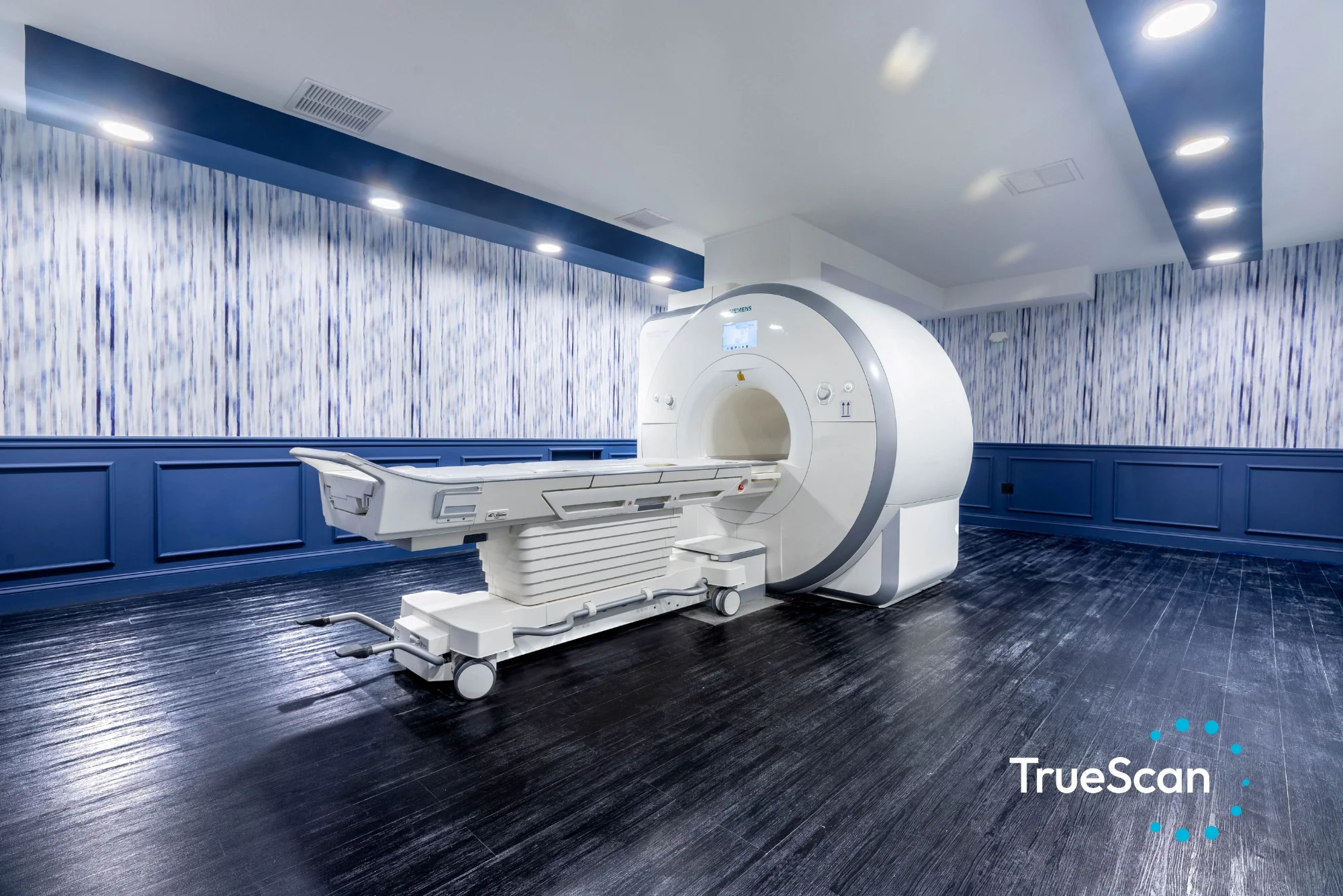
We talk a lot about the importance of doing routine blood work, but what about body composition? Is body composition important, and if so, why?
Body composition is another tool in your physician’s arsenal to discover and target lurking problems that could affect your health. It can also be a great tool to help motivate you through lifestyle changes you’re trying to make.
Let’s look at what body composition is, how it differs from BMI, and why you should get routine body composition checks.
What Does Body Composition Measure?
Body composition measures not just how much you weigh, but what components make up that weight.
Put another way, body composition measures the different parts of the body that make the skeleton move — the muscles that move it, the organs that keep things running, and the fat that acts as the fuel. It also looks at how much water is flowing in our tissues and vessels.
Each of these measurements can tell us a lot about what’s going on in the body.
Think of the body like a car. The organs, muscles, and bones are the machine, and the fat is the fuel tank. In a car, the size of the fuel tank matches the needs of the machine. A little four-cylinder sedan might have a 12-gallon gas tank, while a large pickup truck might have a 36-gallon tank.
What you don’t want is a tiny car with a massive fuel tank.
Our bodies don’t need large stores of fat to power our organs, muscles, and bones. It’s disproportionate, and it causes problems for our “vehicle.”
Why Aren’t BMI and Weight Enough?
Instead of measuring body composition, people (including physicians) more commonly look at weight and BMI, or body mass index.
The trouble is, these measurements only tell a fraction of the story. Weight only indicates how much mass you have total, not what makes it up. And BMI only evaluates that weight compared to your height.
In some cases knowing your BMI can be helpful, but it can also be misleading.
Take, for example, a running back that comes in at 5’9” and 225 pounds. His BMI is 34.5. On paper, he’s moderately obese — even though the majority of his “over” weight comes from his high muscle mass.
Neither weight nor BMI account for your body’s actual composition. Most importantly, they don’t account for your ratio of muscle to fat.
Does Skinny Mean You’re Healthy?
Being thin or skinny is commonly considered an indicator of health. But again, simply being thin or having a low weight doesn’t mean you have a healthy ratio of fat to muscle.
In fact, it can give you a false sense of assurance that you’re in good health.
Instead of storing excess energy in more visible fat deposits, thin people may be storing that excess energy as fat in and around their organs, which is actually more dangerous.
We had a wonderful member with under 10% body fat whose blood work gave us some pretty big causes for concern. He had low HDL cholesterol and high blood sugar. Eventually, we discovered that this member was developing heart disease and needed stents in his arteries to prevent a heart attack.
None of this is to say that being thin is bad and having a high body weight or BMI is good, but that weight and BMI don’t tell the whole story.
Body composition is really about a threshold. A thin person may have a low threshold before they start storing fat in and around their organs, and a larger person may take longer to begin storing fat the same way. The point is, you won’t know whether you have a problem unless you look beyond weight and BMI.
To accomplish this, check your body composition regularly during office visits and stay up to date with regular blood work and other screening tests.
Understanding your percentage of muscle to fat, as well as where your body is storing fat, can provide incredibly valuable insight into your health.
Why Is It Important to Know Your Total Percent Body Fat (PBF)?
When we take in too much energy, we store the excess as fat. And it’s important to know what percent of your body composition is fat.
There seems to be an intimate correlation (and possibly causation) between fat composition and metabolic disease. It’s the inappropriate storage of excess energy into fat that results in the disease. But if we know it’s happening, we can do something about it.
Beyond total body fat, it’s also important to know where your body is storing fat.
You might have seen that old SNL skit where Chris Farley and Patrick Swayze audition to be Chippendale dancers. Chris Farley swings and jiggles his belly for laughs with every dance move.
Comedy aside, Chris Farley’s stomach is a good example of subcutaneous fat, which is stored just under the skin in the legs, arms, or buttocks, or as “jiggly” fat on the stomach. These areas are away from organs, so storing fat here tends to be less dangerous.
Another type of fat is called visceral fat, which is stored in and around the organs. Visceral fat occurs in the torso and might look like a big, round, firm belly. Visceral fat is much more dangerous than subcutaneous fat.
Consequently, it’s important to understand where your body fat is being stored, not just how much total fat you have. You could have a low total body fat, for example, but a high proportion of that fat stored in the viscera, causing tremendous strain on your organs.
We like to say, let’s not focus on returning to the weight of our youth, but to the waistline of our youth. The waistline is a terrific measurement of health because it quickly and easily allows you to see how much fat you’re storing in your torso.
Why Is It Important to Know Your Muscle Mass?
Generally speaking, there’s a strong correlation between maintaining muscle mass and longevity. It has a huge impact on your health in many areas.
For one, muscle mass dictates your metabolism. If you want a better metabolism, you have to grow your muscles.
Low muscle mass also threatens your bone and joint health.
We’ve all heard of elderly folks falling and breaking their hips. A life-altering fall can happen in a second. These types of falls and breaks often directly relate to instability from loss of muscle mass.
Strong, healthy muscles also bear the brunt of daily activities and protect your joints from unnecessary strain.
If you stop working out or engaging your muscles, they diminish quickly and no longer protect you from things like falls or sudden movements. It’s important to discover a deficiency in your muscle mass so you can begin working to reverse it.
Regular muscle engagement and maintenance should be a lifelong activity to protect your musculature, mobility, and health.
How We Measure Body Composition
In our office, we have a body composition tool called InBody, which uses bioelectric impedance analysis to measure lean (muscle) mass and water in the body.
This means InBody assesses the rate at which a harmless, low-level electric current runs through your body. Combined with your height and weight, the InBody scale can then estimate the amount of both fat and muscle on your frame.
We like InBody because it provides a quick, easy way to create a trackable snapshot of your body composition that we can monitor over time. It doesn’t just provide a data point with vague importance, like BMI, but useful data that can make an immediate difference to your health.
Monitor Regularly for Long-Term Health
Regular monitoring of what’s going on in your body brings you awareness not only of your current state of health but also of any changes over time. Body composition is one more tool you can use to gain useful insights that will help you take control of your health.





